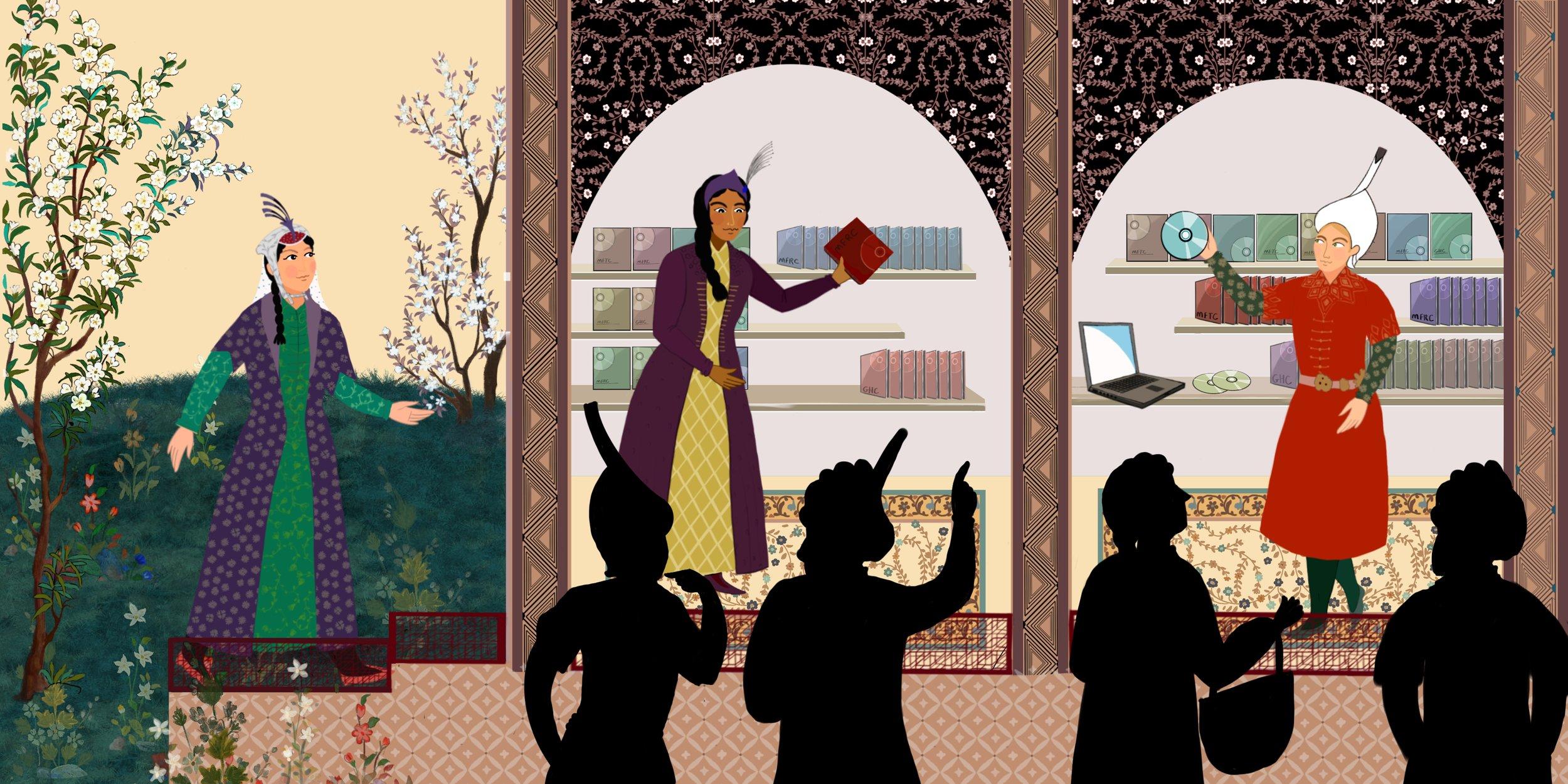16k Reddit posts, curated from 12 distinct subreddits, each hand-annotated by 3 annotators based on the updated MFT framework (i.e., Care, Proportionality, Equality, Purity, Authority, Loyalty)
Software
We introduce the Moral Foundations Twitter Corpus, a collection of 35,108 tweets that have been curated from seven distinct domains of discourse — including natural disasters, politics, and contemporary social issues — and hand-annotated by at least three trained annotators for 10 categories of moral sentiment
ConversAtion level Syntax SImilarity Metric (CASSIM) is a novel method for calculating conversation-level syntax similarity. CASSIM estimates the syntax similarity between conversations by automatically generating syntactical representations of the sentences in conversation, estimating the structural differences between them, and calculating an optimized estimate of the conversation level syntax similarity.
This package implements the distributed dictionary representation (DDR) algorithm, which allows users to estimate the loading of the documents in a corpus on a set of latent constructs. Specifically, DDR applies psychological dictionaries using semantic similarity rather than word counts.
The Computational Social Science Lab (CSSL) at the University of Southern California introduces TACIT: An Open-Source Text Analysis, Crawling and Interpretation Tool. TACIT’s open-source plugin platform allows the architecture to easily adapt with the rapid developments text analysis. TACIT’s plugin architecture has three main components: - Crawling plugins, for automated text collection from online sources (e.g., US Senate speech transcriptions, Twitter, Reddit) - Analysis plugins, including LIWC-type word count, topic modeling, sentiment analysis, clustering and classification - Corpus management, for applying standard text preprocessing to prepare and store corpora
Objects Negotiation Task (Dehghani, Carnevale & Gratch, 2014) is a web-based multi-round negotiation task where a participant and a computer-agent can make a proposal in turn to negotiate items. Items are placed on a trading board initially, and participants can move items on the board into own possession or into opponent’s possession by dragging and dropping the items. After each round, the player who received the proposal can choose either to accept the proposal or make a new proposal. Both the agent and the participant can express their emotional reaction using facial display during the game. This program is written in Java using GWT. This task was developed jointly by Morteza Dehghani, Peter Carnevale and Jonathan Gratch, and it’s maintained by Eunkyung Kim.
